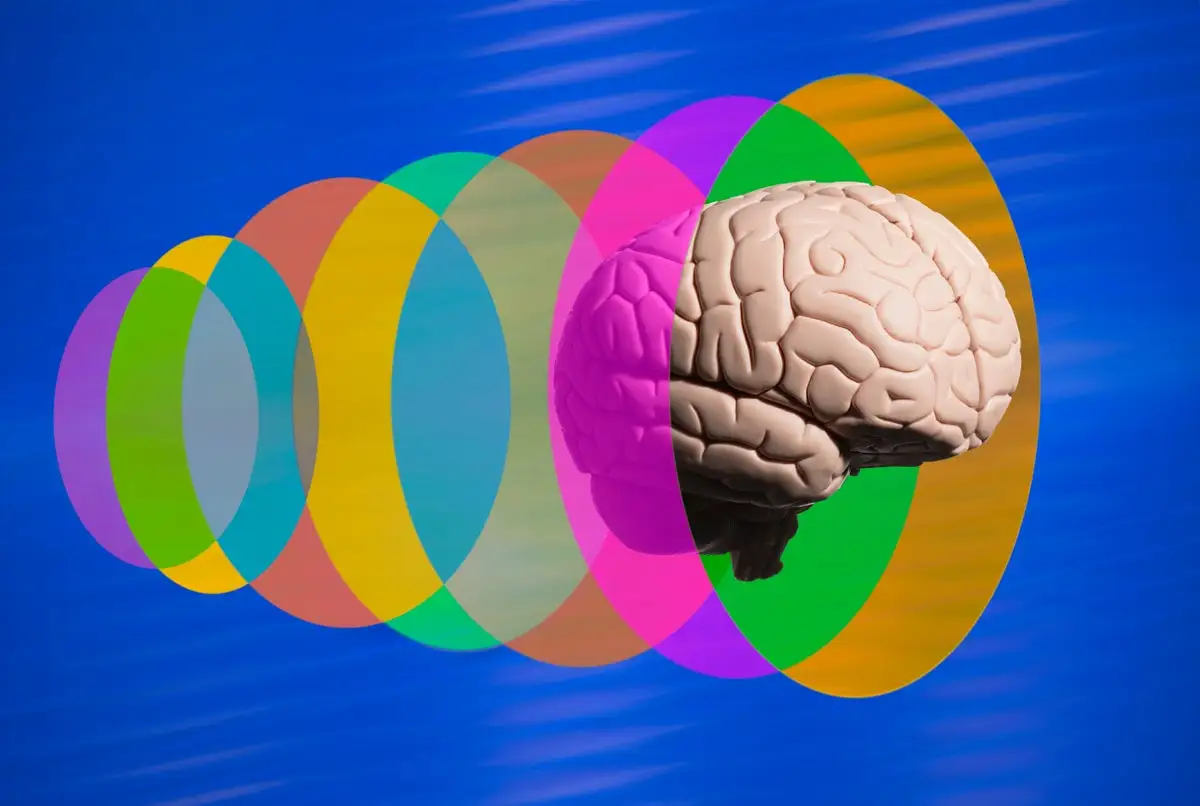Why Do So Many Mental Illnesses Overlap?
Why Do So Many Mental Illnesses Overlap?

A concept called the “p factor” attempts to explain why psychiatric disorders cannot be clearly separated

Why Do So Many Mental Illnesses Overlap?

A concept called the “p factor” attempts to explain why psychiatric disorders cannot be clearly separated

You're viewing a single thread.
I wonder what the numbers are for hunter scavenger societies.
Hard to say. Diseases that leave no mark on the skeleton are impossible to ascertain in prehistorical context.
Additionally there is the thing with disease that it doesn't exist until people find a way to diagnose it. That's the problem with neurotipicallity in historical sense. Boomers saying 'when I was young nobody had Asperger's or ADHD' like it didn't exist back then is a good example. It did exist, but people didn't have a way to diagnose it.
Plenty of historical figures had what we now recognize as different forms of neurodivergence.
Peter Roget obsessively made lists throughout his life, beginning as early as 8 years old. He also liked to solve chess puzzles and invented the log log slide rule, useful for working out exponents and roots by hand. He appears to have suffered from depression, and used list creation as a mechanism for calming himself. After he retired, he catalogued lists of synonyms and compiled it into categories, creating what would eventually be known as Roget's Thesaurus. Looking over his biography, it's pretty obvious that he would be considered neurodivergent today.
Sherlock Holmes had trademark characteristics of what we would later call Asperger's: obsessive attention to detail combined with disinterest in other humans or their emotions. He's a fictional character, but his creator, Sir Arthur Conan Doyle, almost certainly drew on his own life and a few others in his life to create that character.
But we document these historical figures through writing, so anything prehistoric would likely not show up in the same way.
Or there were very different ways of interpreting and managing them.
A disorder also doesn't really "exist" if it's not actually causing distress or... well, disorder. Mental disorders are basically cultural constructs in that what is disruptive in one culture isn't necessarily disruptive in another. "ADHD" in one culture may be "wow, she's really good at hunting" in another. A schizophrenic person in one culture may be a cleric in another.
A schizophrenic person in one culture may be a cleric in another.
yeah there are some zany established differences in the manifestation of schizophrenia between cultures and how it's treated—religious visions, interestingly, tend to be a rather Christian manifestation of schizophrenia and apparently are not so common even in other Abrahamic-dominated countries
I was referring to currently existing ones.
I remember seeing a hypothesis that ADHD would have been beneficial in Hunter-gathering, as you would more quickly move from plant to plant rather than fully depleting a resource. It was just one study where they had a sort of game/simulation to test it though, so very early days on that theory.